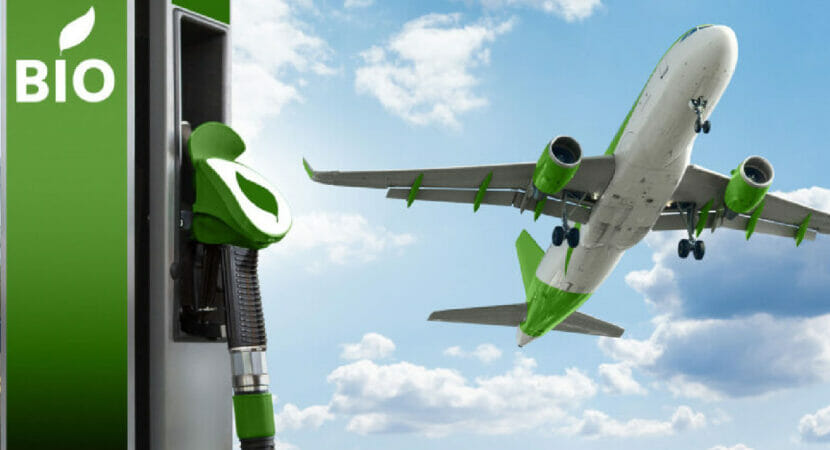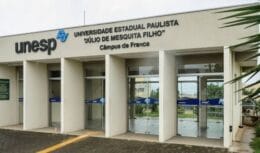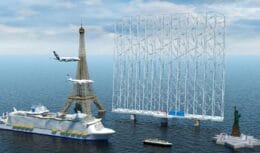
The SAF factory was named “Hydrogen and Advanced Fuels Laboratory” (H2CA) and intends to advance in the creation of other products
In a significant step towards sustainability in the aviation sector, Brazil has just opened its first SAF (Sustainable Aviation Fuel) pilot plant, an innovation long awaited by airlines. The SAF is essential for reducing carbon emissions in aviation, but its production is still incipient globally, according to the Exam website.
Named the Hydrogen and Advanced Fuels Laboratory (H2CA), this pioneering space for fuel is located in Natal and will house an AFS production unit. This unit has the ambition to advance in experimental production and raise the development of SAF to an industrial pilot scale, allowing tests and creation of new products in real conditions of industrial operation.
Fabiola Correia, project coordinator, says that by October or November of this year, the laboratory hopes to produce a sample of SAF fuel that will be submitted for certification by the National Petroleum Agency (ANP). Once certified, the fuel can be sold by the companies. Initially, the laboratory seeks to increase the production of SAF from 200 ml to up to 5 liters per day. The fuel will be produced from glycerine, a by-product production of biodiesel, currently available at low cost. This process also results in the production of hydrogen, another fuel alternative for the transport sector.
Growing demand for SAF and need for scaled production
Airlines have a great interest in acquiring SAF, however, the offer in the market is still very limited, representing only 0,1% of the total used in commercial aviation in 2022. This new fuel is expected to reach 2% of the market by 2025, which would require an annual production of 8 billion liters.
Although several companies have established ambitious targets to increase AFS use this decade, they face supply challenges. Due to its scarcity, SAF can cost up to five times more than kerosene, which is the predominant option in civil aviation, but generates high pollutant emissions.
The aviation sector has decarbonization targets by 2050 and needs to significantly reduce the use of kerosene to achieve them. Estimates by the International Air Transport Association (IATA) indicate that an annual supply of more than 400 billion liters would be needed by mid-century.
Latin America and Brazil at the forefront of SAF production
With close to one hundred SAF manufacturing projects underway in 30 countries, Latin America and Brazil stand out due to to availability of biomass, which is used to produce SAF. This new wave of sustainable aviation fuel production has the potential to revolutionize the industry, making a significant contribution to reducing carbon emissions and promoting sustainability in aviation. Brazil, in particular, has the opportunity to become a regional leader in AFS production and adoption.













Air Force F-16 fighters…
True friend, what they shot down were…
Air Force F-16 fighters…
I would like to know what planet you live on…
Air Force F-16 fighters…
Everything is fine, 100-year secrecy,…
Air Force F-16 fighters…
Well... It's flying scrap... Typical...
Air Force F-16 fighters…
Which genocide are you talking about? Than…
I would definitely buy
The report is good, but there are several…
I am a building electrician with 35 years of experience.…
I don't understand why they mentioned it in the article...
😂😂😂😂😂 The joke is back
Yes, in most cases yes. But…
I am very proud to be part of this…
I'm a plasterer and butcher